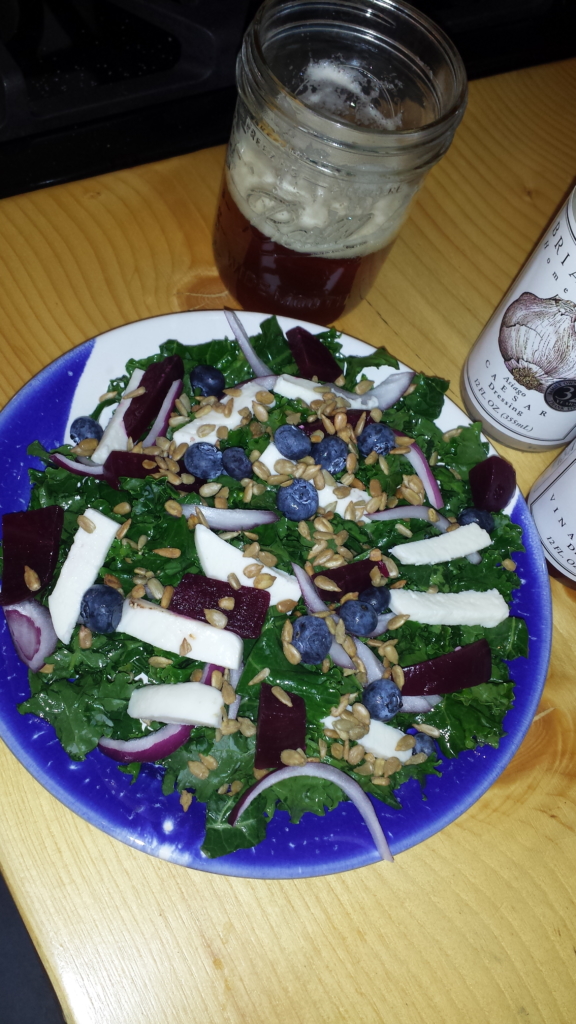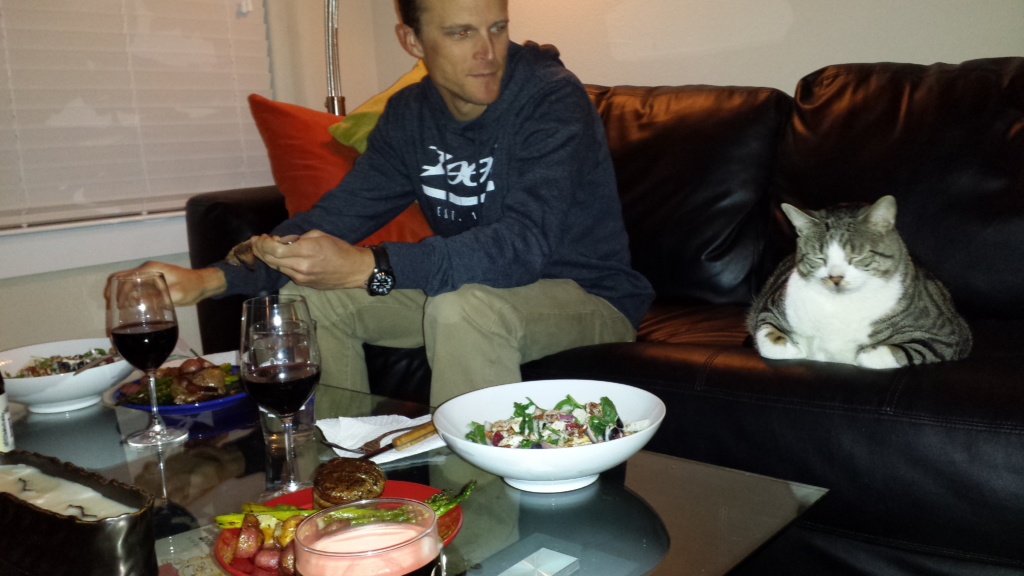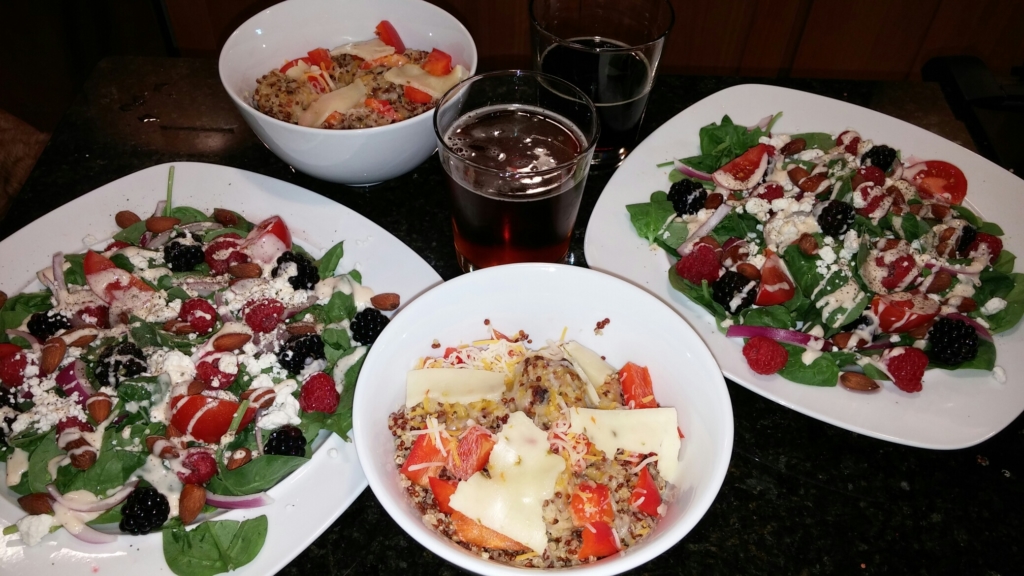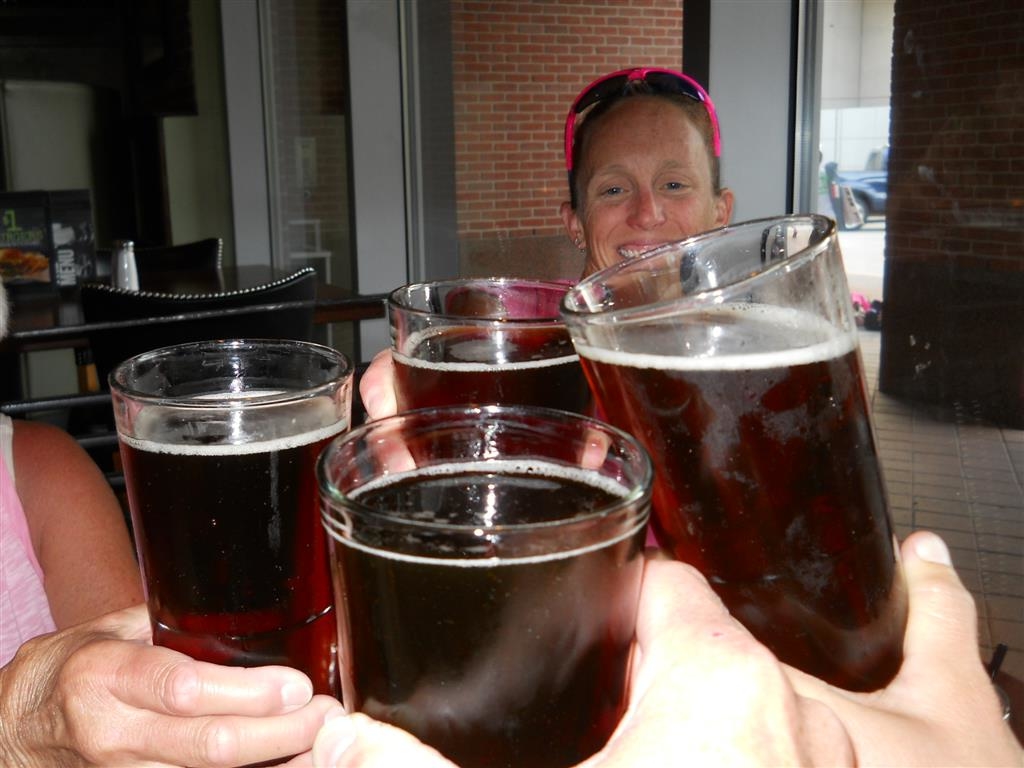Keto. Paleo. Vegetarian. Whole 30. Intermittent fasting. Plant-based. Vegan. Grapefruit diet. …OK, maybe that’s an old one… but you get my point. Every time we turn around, there is a new ‘diet’ that seems the next best trend that will make YOU healthier, faster, stronger, and live until 110. I like to think that our ‘athletic population’ may have a slightly more critical eye on these, realizing that the ultimate goal of nutrition is to fuel the body; to be strong and perform. However, none of us are immune to mass media. And when we are barraged with these ‘diets’, it is only natural to be curious; read, inquire and at times question our current nutritional approach. Which, in ways, I believe can be healthy; to a point. Before I dive in, I want to preface this with this very important fact. I am not a Registered Dietitian, and I do not come at you trying to tell you what to do; I simply aim to help shed some logic on this topic, so that you may make the best decisions, going forward, for yourself.
1. If you desire to improve yourself nutritionally, seek out a qualified, reputable Registered Dietitian to do a dietary analysis.
I cannot stress this enough. While I fully support doing your own research, there is real legitimacy to having someone critically look at your current diet and habits. Doing this as Step #1 will prevent you from latching onto certain fads that, while they may have redeeming qualities, they may or may not be the best option for you. (If you are unsure of who this may be, reach out to us at Durata as I have a few great referrals). It is essential to acknowledge that you know what you know and what you don’t know. There is a reason Registered Dietitians go through years of education. If it is not your area of expertise, don’t be afraid to ask for help. Even if you know you are ‘doing well’, I have found a dietary consult can reveal if you are getting the appropriate macronutrients (carbohydrate/protein/fat), micronutrients (vitamins/minerals) but what we often overlook is, if you are consuming the right foods at the right time of day relative to your training.
2. What is right FOR YOU? What are YOUR nutritional goals? What is right for you AT THIS TIME?
This one is a 3-parter. Human beings are all very different creatures. Even you and your best training buddy are different. You have heard it many times but, what works for one does not necessarily work for another. So even though a Plant-based diet may have a multitude of redeeming qualities, perhaps you benefit from consuming red meat weekly to help keep your iron levels up. Just one example. Until you know as much as you can about your own diet, body, habits and self – you may not know which nutritional approach is most effective. Be very careful of believing that just because it works for a great athlete, it will work for you. Secondly – what are your goals nutritionally? Some struggle to keep weight on, others are constantly seeking to ‘attain race weight’. Ask yourself what your goals are nutritionally and start there. Finally, our bodies change over time, but also our needs can change throughout the year. If you find something isn’t agreeing with you, even if it has never upset your stomach in the past, consider looking into it. What worked for you 5 years ago may not work now. It is ok to experiment with various approaches to see what works. Similarly, the amount of carbs or protein your body requires in the off-season may differ from a peak training phase. Ask yourself these questions, and answer them honestly.
3. You can’t out train a crappy diet.
Sure, we all know the athlete who can eat garbage always does well, but that is the exception, not the norm. And I firmly believe the older we get, the less we can get away with. In sport, your body (and your mind!) – this is your weapon. When investing your valuable time, energy and resources to train for sport and goals, why leave something as simple as your diet to chance? And while there is no harm in consuming what may be considered ‘bad food’ (ie: burgers, pizza), it’s also wise to look at what accompanies these. Derick and I regularly have a pizza once a week; usually a frozen thin crust pepperoni, we may dress up with poblano peppers. But alongside that is always a giant dark green salad loaded with blueberries, beets, bell peppers, nuts and anything else that is colorful and nutrient dense. So the point? Try not to eat crap and expect because you train 15 hours a week you can get away with it. While you may ‘get away with it’, the question to ask yourself is, how much better may you feel and perform if you were fueling yourself better? That is a word I love to use: Better. If you’re not ready for an overhaul, what can you simply do a little better? It’s ok to start small; and sometimes, the small changes are what stick because you’re doing what is sustainable.
4. Supplements. What do you really need? Why are you taking that pill?
I firmly believe there is a time and a place when supplementing a diet can be beneficial or even necessary. For example, iron may be needed if you are consistently low (and often those training heavily, at altitude, and/or female). Other ‘more common’ ones among athletes may include Vitamin D or B12. However, the only time I advise popping these is if you worked with an RD or you have had consistent blood work showing a consistent deficiency, one which has not been able to get addressed by diet. Additionally, if you do opt for these (or others), do your best to find a source with one or both of the following labels: Third Party Test and/or GMP (Good Manufacturing Practices) which help to decrease the risk of cross-contamination. It is easy to get overwhelmed and with the supplement industry. I am guilty of having things like Tart Cherry, Turmeric and the like in my medicine cabinet. But I found myself purchase these, take them a few times then realize I can likely get a similar benefit with the spice or the food. Hence, they still sit there. If you feel you need to supplement, please do your research. Understand what you’re taking, why you’re taking it and find the most reputable source you can. But if you can get these nutrients from diet, go with what is natural.
5. Keep it simple. Eat consciously, eat real food, fuel your body to perform at its best.
Simple Tip: Have a few go-to healthy meals. For us that may be a fairly healthy frozen pizza alongside a huge, dark greens, veggie/berry/nut based salad; or brown rice and black bean bowls we load with avocado, cheese, and salsa. Cooking and food prep does not need to be complex and stressful, if you plan ahead and have good healthy ingredients on hand.
Food is fuel, people. Food is also social. Food, drink, and social engagements with food and drink; this is to be enjoyed. I do not encourage diets, in the literal sense of the term. The term ‘diet’ implies a course of eating which allows certain foods and restricts others. When you restrict, you often ‘want’. If you find you need to really make a change, yes; an overhaul may be necessary, and I believe it is possible to cut things out, eat differently/healthier for a period of time only to find you feel better and then desire to retain some of these habits. But in general, try to consider the angle that most foods can have a place in your ‘diet’ (that being your ongoing habitual nutritional fueling) if you are eating real foods, whole foods, and a variety of foods. Most of us have a regular routine. If you have overall healthy habits, you can still go out with friends for some beer and pizza. Especially when you are an athlete, training and maintaining an active lifestyle. Try not to ‘restrict’ yourself. Eat with a conscience. Eat colorfully. Try new foods. Do your own research. Experiment. If you have time, cook. Try to keep it simple, fuel yourself adequately, and more than anything, listen to your body when it is telling you what you feel you need. Realize it is about habits, not one day or meal or beer(s) to be enjoyed or magic pill, that really matters in the big picture.

Dark greens & bright salads!

Eating is social 🙂

Big salads, quinoa bowls; can also do rice & bean bowls for easy dinner

Celebrate. Always celebrate the good.
Learn More about Kelly HERE!



